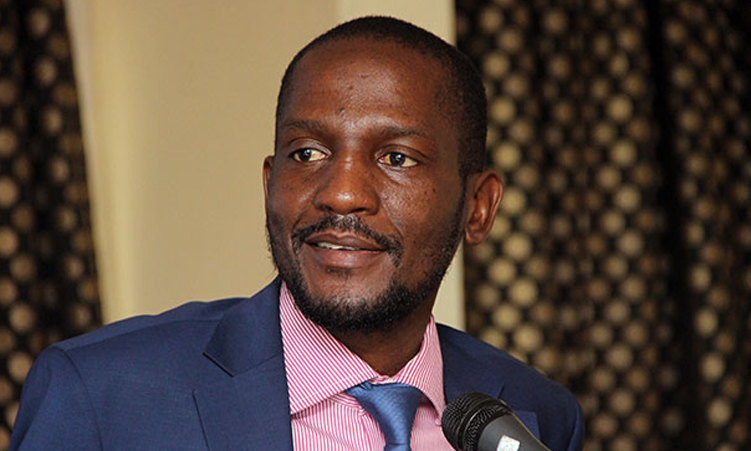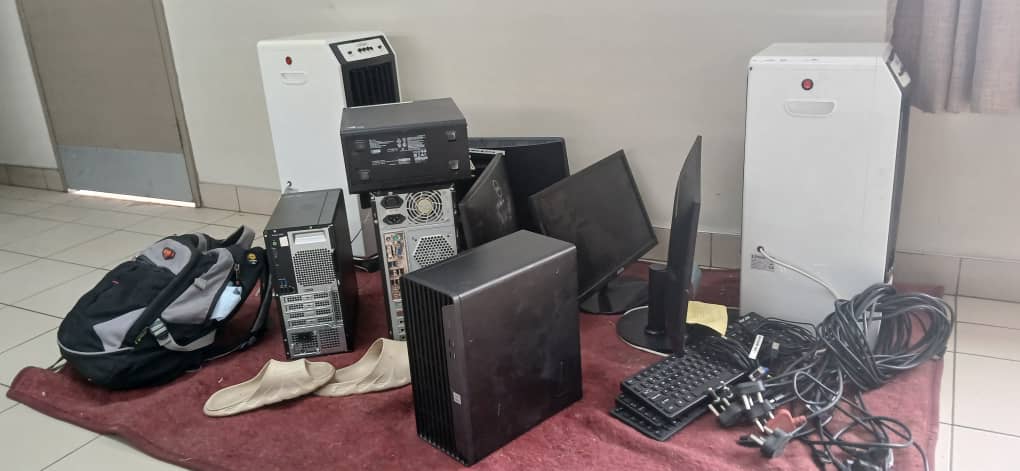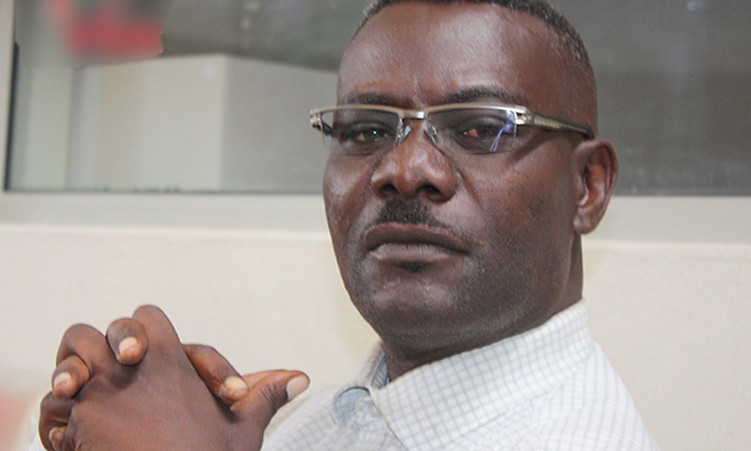Swapo member of parliament Veikko Nekundi wants high bank charges reined in, saying they are ripping off the transacting public, including small-to-medium enterprises (SMEs).
Nekundi argued this in the National Assembly, where a motion calling on parliament to investigate overcharging by the country’s commercial banks was adopted on Tuesday. The motion also called for a possible investigation into the apartheid legacy of class and racial discrimination against clients by the banks.
Unanimously adopted by the whole house on Tuesday, the motion will now be referred to the relevant committee.
Several lawmakers have backed the motion, expressing their discontent with excessive bank fees.
Swapo lawmaker Modestus Amutse claimed that excessive bank fees keep the bulk of the population out of the banking system.
He said many people remain unbanked and opt to keep their money at home due to fear of high transaction rates.
“We need to encourage the banks to re-examine some of the charges and tariffs and lower them to produce an inclusive banking system. As a nation, it is not possible to effectively grow the national economy by excluding the previously disadvantaged population from financial intermediation,” he said.
Agriculture minister Calle Schlettwein has expressed his worry, saying people keep losing money from their accounts.
“I am worried about the multiple schemes where accounts of citizens are raided and these citizens that are losing their money are not refunded,” he said in his contribution to the motion.
“I believe there is too little burden on the banks to correct that because it is their job to keep our money safe. It is obviously not safe.”
Schlettwein also accused banks of greed, claiming that despite large profits, they fail to provide affordable financing to their clients.
“I was worried when, in the worst financial year that we experienced after independence, that is, the two Covid years, the banks made super profits and decided not to help people, but make extra payments to their shareholders,” he said.
The minister added that bank clients get too little when they save, but pay too much when borrowing.
Finance deputy minister Maureen Hinda-Mbuende said the issue of high bank charges will be considered.
“If you look at the issue of interest on deposits, you agree with me that there was a time you could get meaningful interest. Currently, the interest that you receive on the deposit in the bank account is too minimal,” she said.
Popular Democratic Movement lawmaker Vipukuaje Muharukua said clients do not have a choice but to use banks.
“The choice you have is to subject yourself to the risk of being robbed of your money from under the mattress or being robbed by the bank,” he said.
Muharukua said the onus is on lawmakers to bring about changes that bring relief to the people.
In his motivation, Nekundi claimed that bank charges are another scheme to rob people of their money.
“These bank charges are not only higher, they are unjustifiable and unreasonable in multiple ways,” he said, adding that some banks have up to 138 different charges.
“For instance, on electronic funds transfers where the computer does all the work, you are still charged massive, exaggerated charges,” he said.
Furthermore, Nekundi said SMEs lose an average of N$180 to N$1 000 each month on transactions. According to Nekundi, these “unjust practices” have resulted in the collapse of many firms.
He suggested that parliament also investigated whether the Bank of Namibia acts in the best interest of the people or as a conduit for commercial banks.

CHANGES COMING
Bank of Namibia governor Johannes!Gawaxab has previously stated that it is not the central bank’s duty to determine what private banks should charge.
This is due to the absence of provisions in the Bank of Namibia Act that empower the bank to control commercial bank charges and discriminatory conduct.
However, this could change after finance minister Iipumbu Shiimi introduced the banking institution amendment bill, which would, among other things, enable the central bank to regulate fees and charges.
The bill will repeal the Banking Institutions Act of 1998.
Shiimi informed parliament that the Bank of Namibia has received several complaints from members of the public about the high bank fees.
The minister said as the regulator of banking institutions, the Bank of Namibia has an obligation to ensure that the fees payable by customers for services rendered by banking institutions are determined in the public interest.
“Therefore, it is proposed that the minister be empowered to make regulations relating to fees and charges imposed by banking institutions on their customers.
“I would like to assure the house that the regulation of fees and charges will be conducted in a responsible manner without compromising the stability of the financial system,” Shiimi said in his motivation for the bill.
The bill also makes provision to limit foreign shareholding in the local banking institutions. Shiimi noted that most banking institutions in Namibia are owned by foreign parent companies.
“It has been noted with concern that these foreign parent companies interfere in the governance and management of local banking institutions.
“This interference has a negative impact on institutional independence, as well as on national economic development, because commercial decisions are made in favour of foreign interests instead of national interests,” he said.
Stay informed with The Namibian – your source for credible journalism. Get in-depth reporting and opinions for
only N$85 a month. Invest in journalism, invest in democracy –
Subscribe Now!






